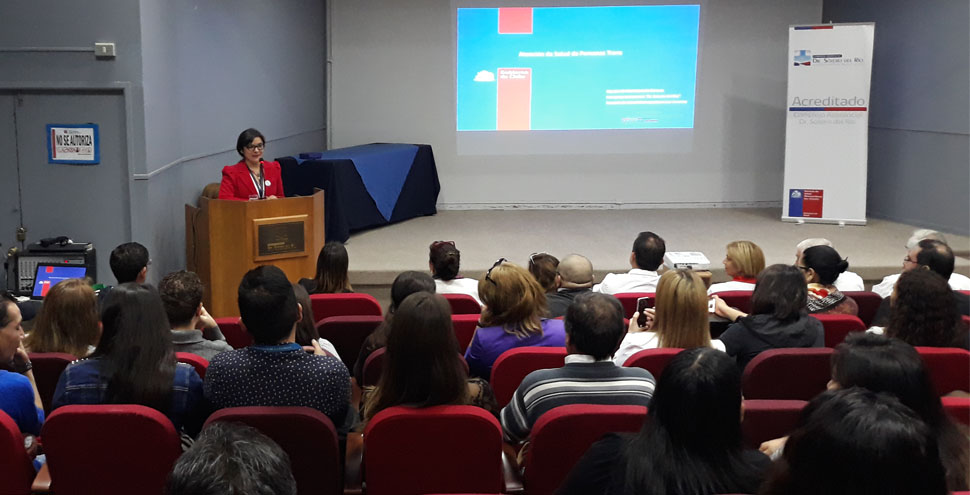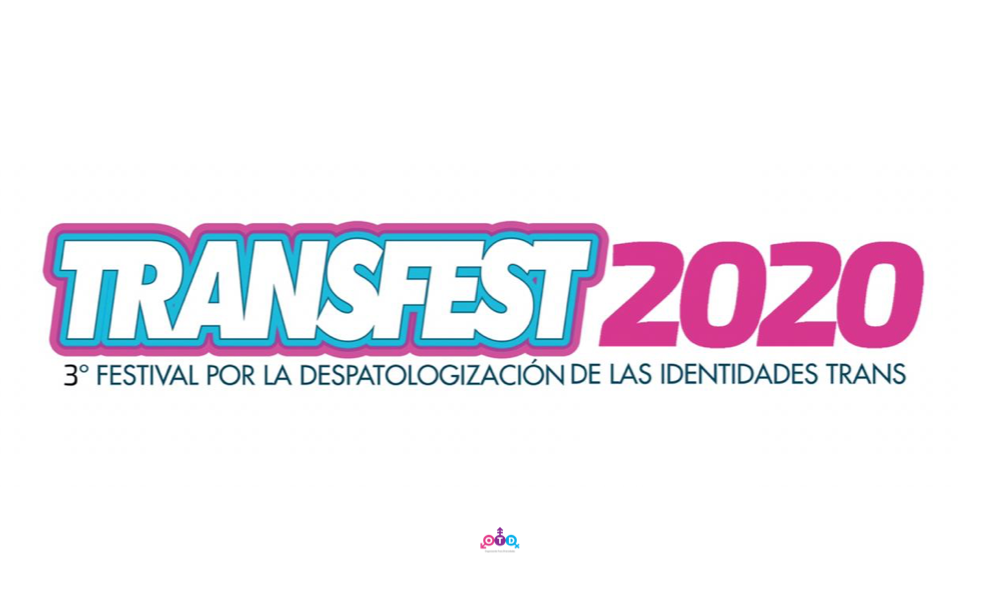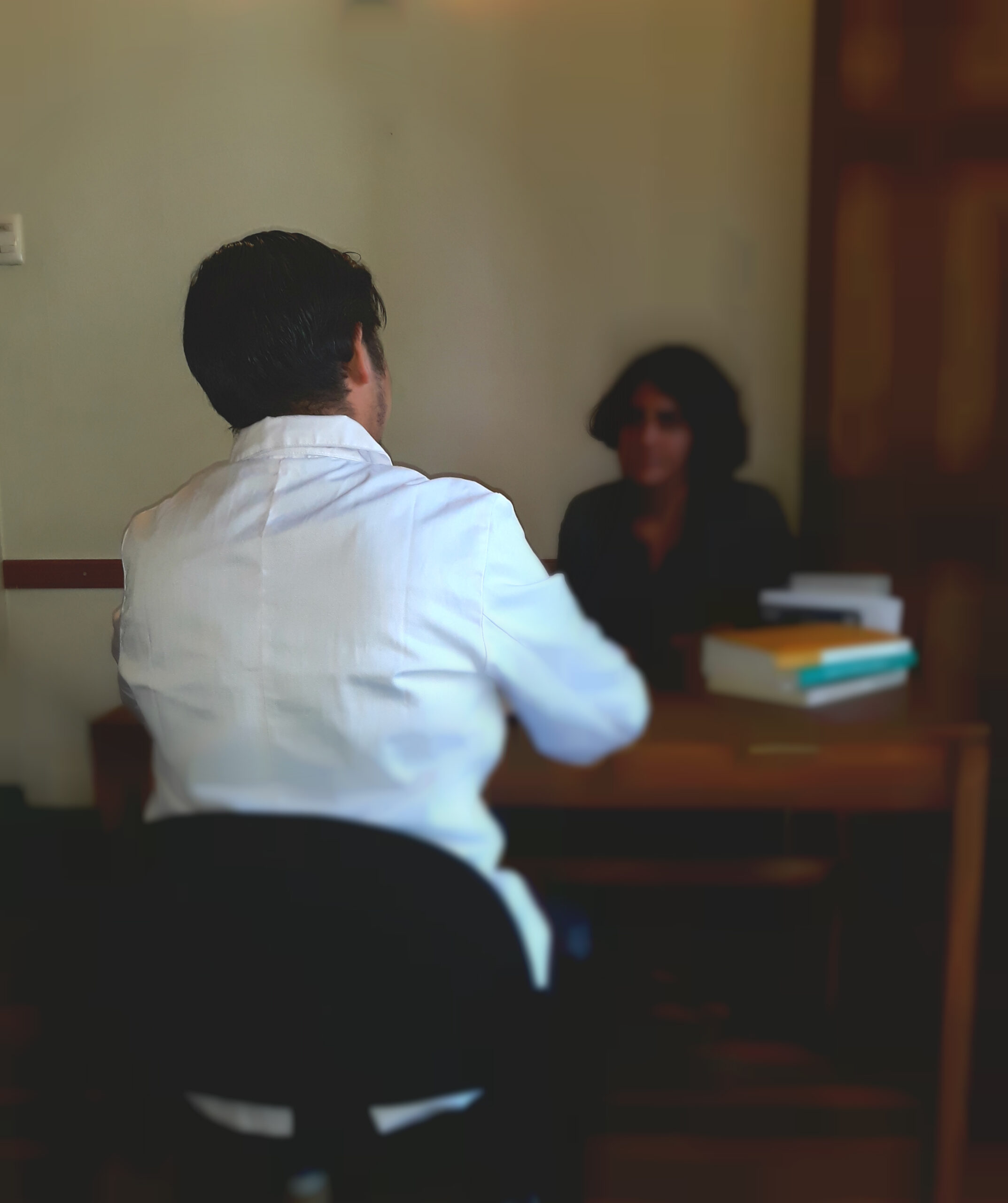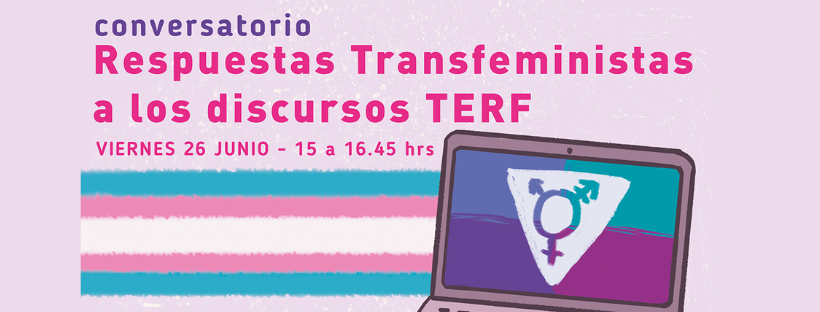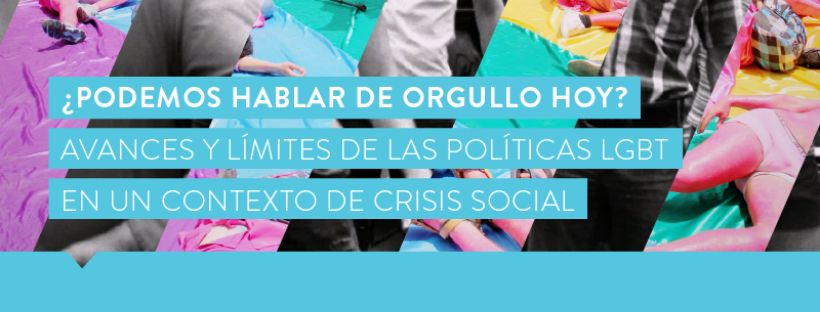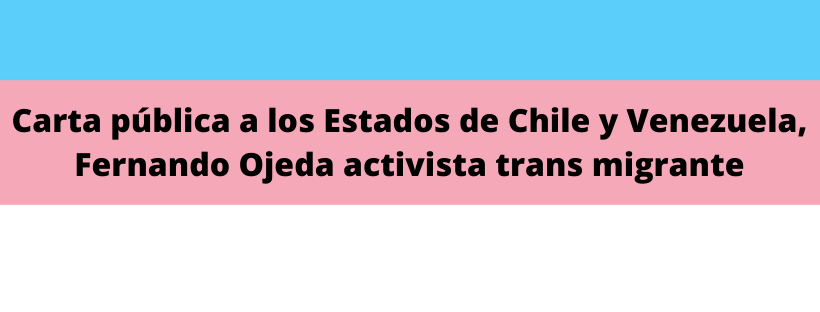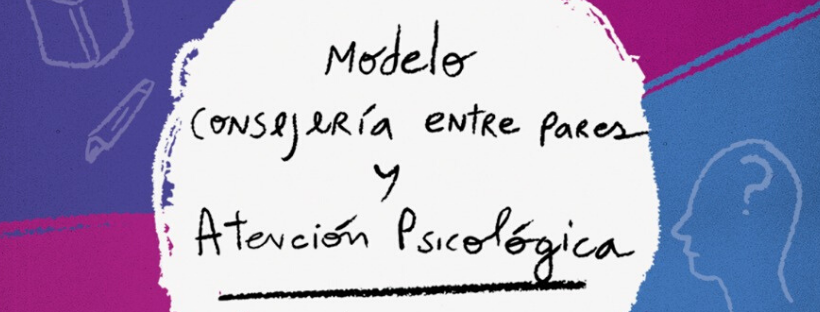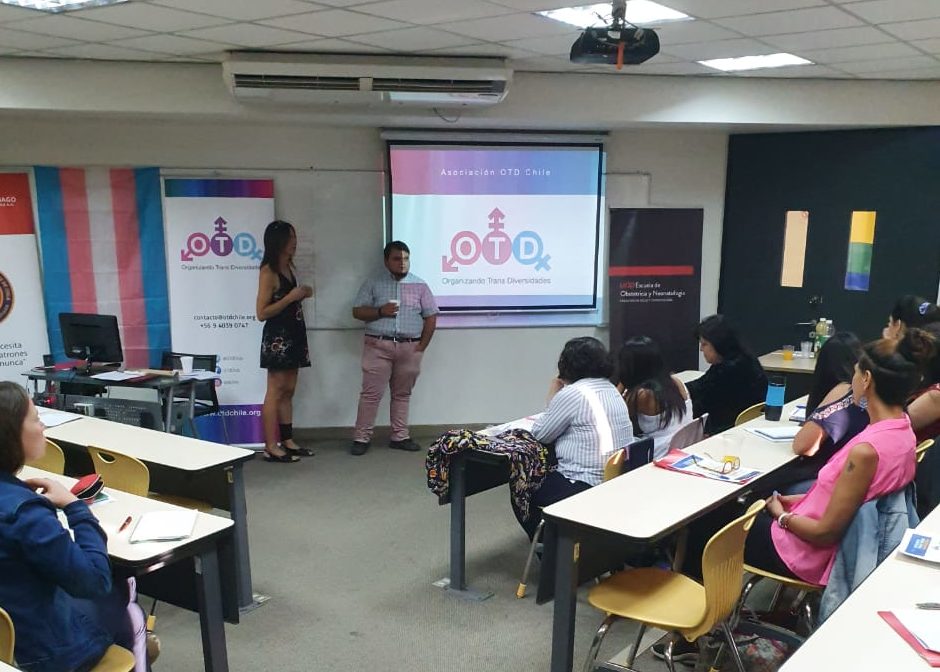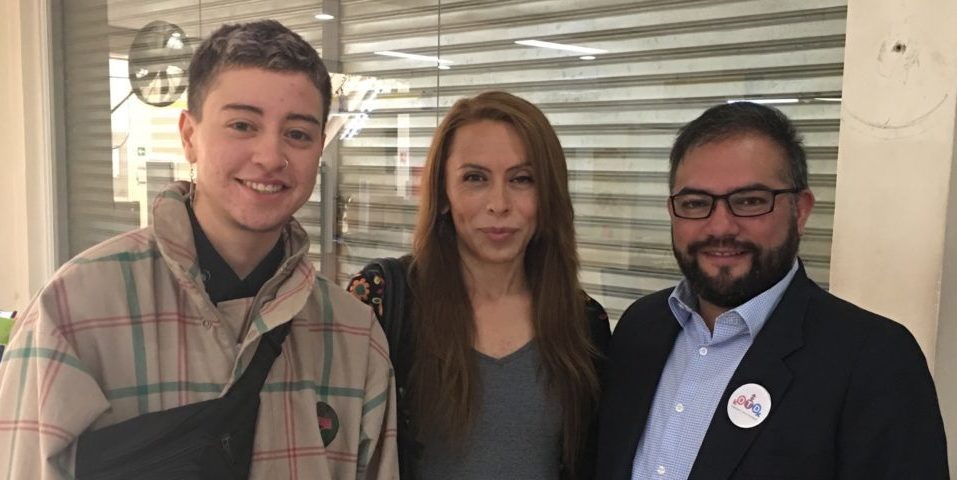This March 19th, the gender identity program from Hospital Sotero del Rio celebrated a year of function since it’s official launch on January 2018. Nowadays there are 315 users since June 2017 to date, also they had 5 surgery of genital transformation (vaginoplasty).
From the 315 ser only 137 are transfeminine people, 177 transmasculine and one no binary, from 5 to 52 years. In November from the past year, the urogynecology Melissa Cifuente and her team had the first vaginoplasty of the program, where they got 4 successful results.
During the challenges of this programs are the necessities of ensure a good treat, calling by the social name of the people that do not change their legal name yet, ensure the access to surgeries like mastectomy, hysterectomy and otorhinolaryngology to their user, more hours from endocrinology and to have a better registration to users.
Nowadays there are 11 initiatives of attention to transgender people in Hospitals here in Chile, 4 of them are in the Metropolitan region (Metropolitana) (San Juan de Dios, Barros Luco, Sótero del Río y Red Salud UC Hospitals). In Hospitals from the North part of the country there are 16 professionals who are experts in this topic.
During the ceremony , the midwife of the Servicio de Salud Metropolitano Norte (a Health service center here in Chile) and part of the program, Cynthia Aránguiz, thanked all of the users by saying “You have made us better people and professionals, and this thanks to the people who work on the surgery area of the hospitals who have made everything to make this 5 surgeries possible ,so we’re proud to have all of you here and we can share with all the people these new advances, we are proud these achievements and recognitions we have had until today and we hope to continue and still working for all of you.”
Gonzalo Menchaca, the director of the Hospital, recognized the program of this job it’s very well done, because it’s not only enough with the surgeries and call to other cents of health to join this job. By the other hand, Melissa Cifuentes said that we have come out from a century of bullying and discrimination to trans people and where they only get people individually to save their lives and to better with them, now there is a recognition to the identity and their health right.
Dr. Cifuentes said: “Trans people have pushed in their best way and made themselves more visible with their existence and necessities, which has been part of an important motor change, if there is no push, nothing happens, “. He also said that “There are three essential challenges, and the first one is the most important one who is worth ten and is depathologize. The condition of trans people is a condition with al lot of diverse, but it is not an illness or disease, so we have to understand that we have a lot of benefits and health accompaniment to people who have different necessities, but people who are not sick. The second one is to allow each one of them to live the transition as they want it, not have a cooking recipe, we as a service must need to give all the support that each one of you requires. Finally, the third major challenge is to institutionalize the fact that the gender identity must be easier, and we don’t want a perfect woman or perfect man, the only thing we want is that each person, both cis or trans must be able to express the sexuality as it flows from his deepest identity.”
Finally, Adriana Tapia, the undersecretary of Assistance networks, recognized and celebrate all the team and she felt emotional about the work. She said: “I had an important task, which is there where big challenges are, because here, you don’t have to come to stimulate that this must have a development. A Service, hospitals, primary health care and all of us are working in a network and putting the best of each other, we also have to search and find the resources to improve this in the best way possible to make this program bigger. ”
Emilio Santelices, the Minister of Health, , was one of the other who send a video by saying congratulations to al the team , which do not only allowed all of the users to have more benefits and requirements, but also they give a message to the whole country about how the public system can take charge of diversity, especially of trans people.
Michel Riquelme, the coordinator of the OTD Chile, , appreciated that this kind of celebration and recognition was made and that finally MINSAL will put all the resources for the development. Michel said: “For trans people the access to the health has been a historical debt with our community and this is not only because with don’t have enough programs, it’s because of the abuse of others we have all received every time we want to make value and recognized our rights. We hope that we keep forward by depathologize and this obsolete practice of requesting an special certificates or having a special one from a professional doctor in psychology or psychiatry to make possible and recognize our identity or diagnose gender dysphoria in exchange of health requirements and benefits, go into retirement”.
Translated by: Pedro Contreras and Sebastian Serrano
